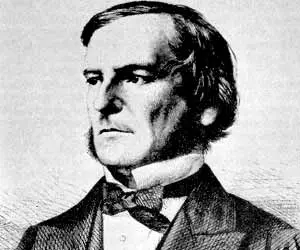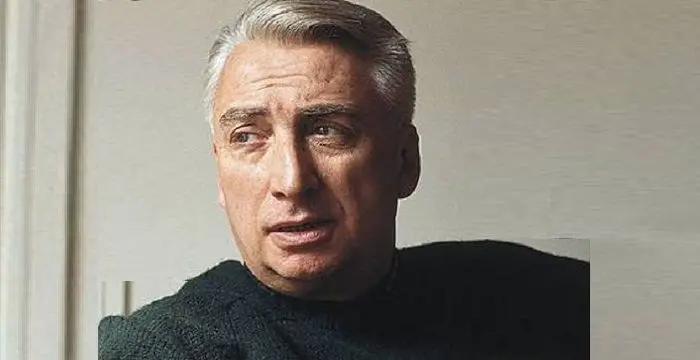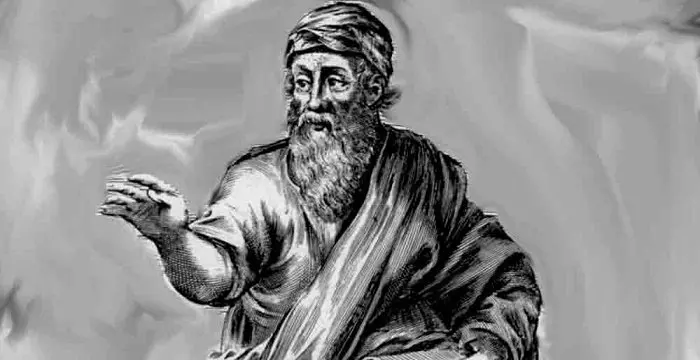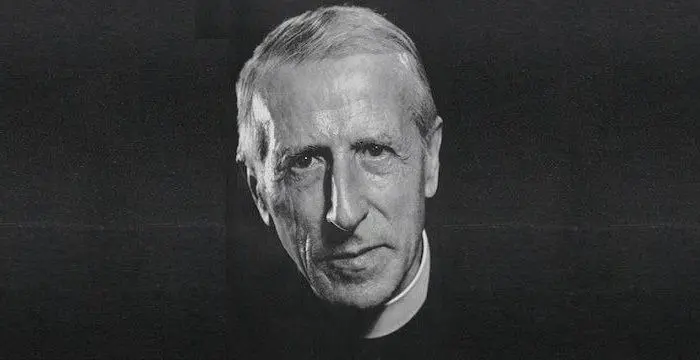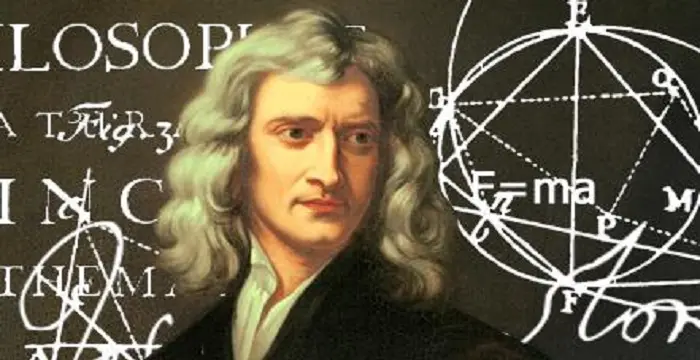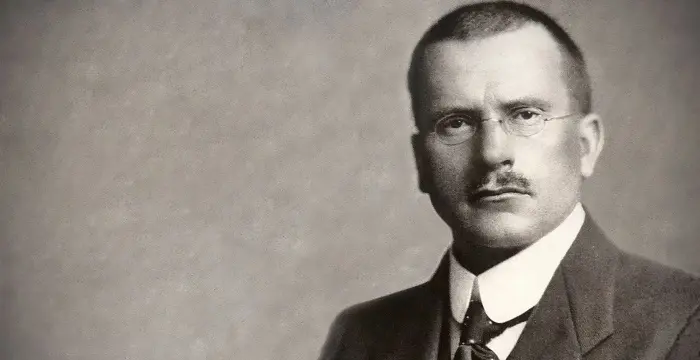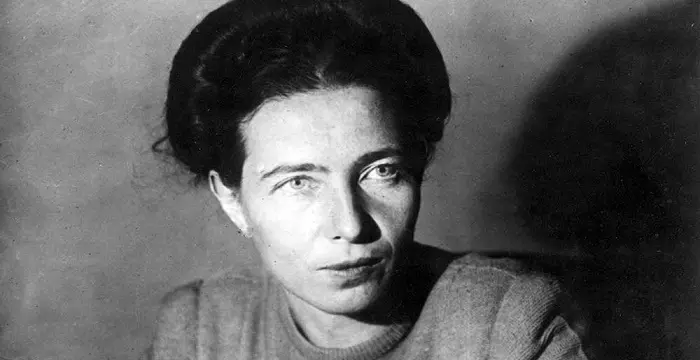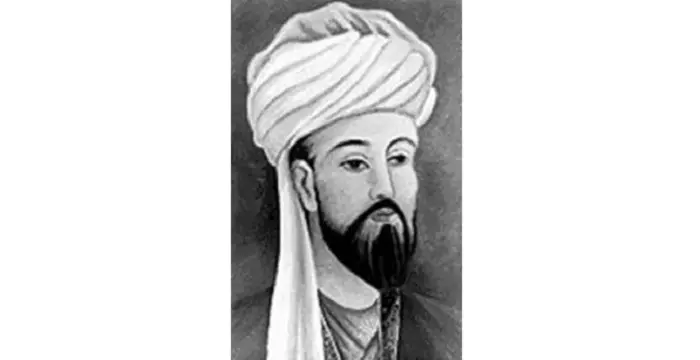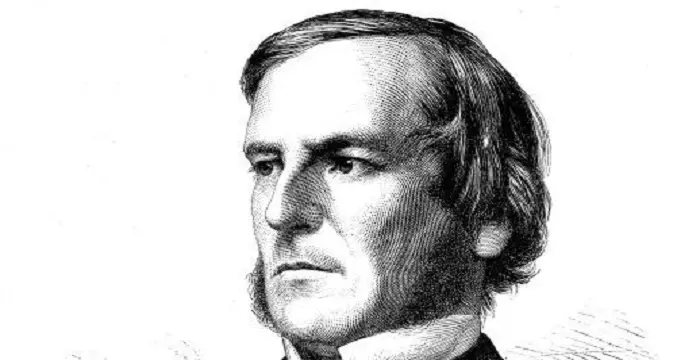
George Boole - Logician, Facts and Childhood
George Boole's Personal Details
George Boole is better known as the inventor of symbolic logic
| Information | Detail |
|---|---|
| Birthday | November 2, 1815 |
| Died on | December 8, 1864 |
| Nationality | British |
| Famous | Intellectuals & Academics, Philosophers, Mathematicians, Logician, Philosophers |
| Spouses | Mary Everest |
| Siblings | Charles, Mary Ann, William |
| Childrens | Alicia Stott, Ethel Lilian, Lucy Everest, Margaret, Mary Ellen |
| Discoveries / Inventions |
|
| Birth Place | Lincoln |
| Religion | Unitarian |
| Gender | Male |
| Father | John Boole |
| Mother | Mary Ann Joyce |
| Sun Sign | Scorpio |
| Born in | Lincoln |
| Famous as | Mathematician, Philosopher and Logician |
| Died at Age | 49 |
George Boole's photo
Who is George Boole?
British mathematician and logician George Boole discovered Boolean logic. This logical theory acts as the basis of modern digital computer and other electronic devices. From this point of view, he is considered as one of the founders of computer science. Born as the son of a shoemaker, he did not receive much formal education yet he went on to become one of the greatest mathematicians and educators of the 19th century. Forced to become the primary breadwinner of his family at the age of 16, he embarked on a teaching career and before long successfully established his own school. A natural genius at mathematics, he was made the first professor of mathematics at Queen's College, Cork, even though he had no university degree. As a mathematician he published several noteworthy papers and treatises. He also introduced Invariant Theory, a new branch of mathematics and is known for his book ‘The Laws of Thought’. He made notable contributions to the fields of linear differential equations and suggested about the combined methods of algebra and calculus. His works influenced future generations of mathematicians like William Stanley Jevons and Augustus De Morgan who built upon and extended his works. Besides mathematics, he also left his mark as a philosopher.
// Famous Philosophers
Roland Barthes
Roland Barthes was a French literary theorist, critic and semiotician. This biography profiles his childhood, life, works, achievements and timeline.
Pythagoras
Pythagoras of Samos was a Greek mathematician and philosopher. Read on to learn more about Pythagoras’s profile, childhood, life and timeline.
Pierre Teilhard de Chardin
Pierre Teilhard de Chardin was a famous French philosopher and a priest who was also known for his controversial writings. Read more about the life and works of this philosopher in the following article.
Childhood & Early Life
George Boole was born in Lincoln, Lincolnshire, England, on 2 November 1815. His parents were John Boole, a shoemaker, and Mary Ann Joyce. He had three younger siblings.
He received his early education in a primary school and was also tutored in mathematics by his father. An intelligent boy, he did not get any higher education but was largely self-taught in mathematics and modern languages.
Career
Due to dire family circumstances he was forced to become the family’s breadwinner at the age of 16 and took up a junior teaching position in Doncasterat Heigham's School. He also taught at some other schools.
During this period he furthered his mathematical knowledge by participating in the local Mechanics Institute, the Lincoln Mechanics' Institution. There he was given the calculus text of Sylvestre François Lacroix by the Rev. George Stevens Dickson of St Swithin's, Lincoln. He studied calculus by himself for years and eventually mastered it.
An extremely hard working young man, he established his own school in Lincoln when he was 19. Four years later, he took over Hall's Academy in Waddington, outside Lincoln.
In 1839, he submitted several papers like 'Researches on the Theory of Analytical Transformations' to the 'Cambridge Mathematical Journal'. These papers discussed differential equations and algebraic problem of linear transformation by emphasizing the idea of invariance linear transformation by emphasizing the idea of invariance.
In 1840, he returned to Lincoln to operate a boarding school. He discovered Invariant Theory, a new branch of mathematics the next year. This particular mathematical theory was a source of inspiration for Einstein.
In 1844, he published an important paper in the ‘Philosophical Transactions of the Royal Society’ in which he discussed how methods of algebra and calculus might be combined.
Even though he never received a formal training in mathematics, he developed new ideas on logical method and published a pamphlet, ‘Mathematical Analysis of Logic,’ in 1847 in which he argued that logic should be allied with mathematics, not philosophy.
His publications were regarded very highly and earned him an appointment as professor of mathematics at Queen’s College, County Cork, in 1849 even though he had no university degree.
In 1854, he worked on the algebra of logic which is better known as Boolean algebra. He introduced general symbolic method of logical inference through 'Laws of Thought', published in the same year.
Boolean algebra acts as the basis of analyzing the validity of logical propositions as it captures the two-valued character of statements that may appear either true or false. This method of two-valued character and logical elements of Boolean logic is used in telephone switching and in electronic computers for their design and operation.
In 1857, he published 'On the Comparison of Transcendents , with Certain Applications to the Theory of Definite Integrals’. In it he discussed about the sum of residues of a rational function. As part of his discussion, he proved Boole’s identity.
In 1859, he published ‘Treatise on Differential Equations’. Through this work he informed about the general symbolic method. In the next year he published its sequel ‘Treatise on the Calculus of Finite Differences’.
Awards & Achievements
George Boole was awarded the Keith Medal by the Royal Society of Edinburgh in 1855.
In 1857, he was elected a Fellow of the Royal Society (FRS).
He is also the recipient of honorary degrees of LL.D. from the University of Dublin and the University of Oxford.
Personal Life & Legacy
George Boole married Mary Everest in 1854. The couple had five daughters.
Boole passed away December 8, 1864, due to pneumonia.
Boolean algebra and the crater Boole on the Moon are named after George Boole.
The keyword Boole signifies a Boolean data type in many programming languages.
The library, underground lecture theatre complex and the Boole Centre for Research in Informatics at University College Cork are named after him.
// Famous Mathematicians
Grigori Perelman
Grigori Perelman is a Russian mathematician who is best known for his contributions to Riemannian geometry and geometric topology. Check out this biography to know about his childhood, family life, achievements and fun facts about him.
Terence Tao
Terence Tao is an Australian- American mathematician who has contributed enormously to the field of mathematics. Check out this biography to know about his childhood, family life and achievements.
Isaac Newton
Isaac Newton was an English scientist and mathematician, who discovered gravitation and Newtonian Mechanics. Read this biography to find more on his life.
George Boole biography timelines
- // 2nd Nov 1815George Boole was born in Lincoln, Lincolnshire, England, on 2 November 1815. His parents were John Boole, a shoemaker, and Mary Ann Joyce. He had three younger siblings.
- // 1839In 1839, he submitted several papers like 'Researches on the Theory of Analytical Transformations' to the 'Cambridge Mathematical Journal'. These papers discussed differential equations and algebraic problem of linear transformation by emphasizing the idea of invariance linear transformation by emphasizing the idea of invariance.
- // 1840In 1840, he returned to Lincoln to operate a boarding school. He discovered Invariant Theory, a new branch of mathematics the next year. This particular mathematical theory was a source of inspiration for Einstein.
- // 1844In 1844, he published an important paper in the ‘Philosophical Transactions of the Royal Society’ in which he discussed how methods of algebra and calculus might be combined.
- // 1847Even though he never received a formal training in mathematics, he developed new ideas on logical method and published a pamphlet, ‘Mathematical Analysis of Logic,’ in 1847 in which he argued that logic should be allied with mathematics, not philosophy.
- // 1849His publications were regarded very highly and earned him an appointment as professor of mathematics at Queen’s College, County Cork, in 1849 even though he had no university degree.
- // 1854In 1854, he worked on the algebra of logic which is better known as Boolean algebra. He introduced general symbolic method of logical inference through 'Laws of Thought', published in the same year.
- // 1854George Boole married Mary Everest in 1854. The couple had five daughters.
- // 1855George Boole was awarded the Keith Medal by the Royal Society of Edinburgh in 1855.
- // 1857In 1857, he published 'On the Comparison of Transcendents , with Certain Applications to the Theory of Definite Integrals’. In it he discussed about the sum of residues of a rational function. As part of his discussion, he proved Boole’s identity.
- // 1857In 1857, he was elected a Fellow of the Royal Society (FRS).
- // 1859In 1859, he published ‘Treatise on Differential Equations’. Through this work he informed about the general symbolic method. In the next year he published its sequel ‘Treatise on the Calculus of Finite Differences’.
- // 8th Nov 1864Boole passed away December 8, 1864, due to pneumonia.
// Famous Philosophers
Martin Buber
One of the greatest philosophers to have ever walked on earth, Martin Buber contributions to philosophy is a long-standing one. Explore all about his profile, childhood, life and timeline here.
Lao Tzu (Laozi)
Lao Tzu was a legendary Chinese philosopher who wrote the important “Daodejing”. This biography profiles his childhood, life, career, achievements and timeline.
Alan Watts
Alan Watts was a famous British philosopher known for his Zen teachings and interpretations of Eastern philosophy. Read more about this great philosopher in the following article.
Carl Jung
Carl Jung was a Swiss psychiatrist famous for founding the school of analytical psychology. This biography of Carl Jung provides detailed information about his childhood, life, achievements, works & timeline.
Simone de Beauvoir
Simone de Beauvoir was an eminent French writer, intellectual, activist, and philosopher. This biography profiles her childhood, life, thoughts, achievements and timeline.
Jabir Ibn Hayyan
Jabir Ibn Hayyan was a medieval era polymath. Check out this biography to know about his life, works and achievements.
George Boole's FAQ
What is George Boole birthday?
George Boole was born at 1815-11-02
When was George Boole died?
George Boole was died at 1864-12-08
Where was George Boole died?
George Boole was died in Ballintemple, Cork
Which age was George Boole died?
George Boole was died at age 49
Where is George Boole's birth place?
George Boole was born in Lincoln
What is George Boole nationalities?
George Boole's nationalities is British
Who is George Boole spouses?
George Boole's spouses is Mary Everest
Who is George Boole siblings?
George Boole's siblings is Charles, Mary Ann, William
Who is George Boole childrens?
George Boole's childrens is Alicia Stott, Ethel Lilian, Lucy Everest, Margaret, Mary Ellen
What is George Boole's inventions/discoveries?
Computer Science was invented (or discovered) by George Boole
What is George Boole's religion?
George Boole's religion is Unitarian
Who is George Boole's father?
George Boole's father is John Boole
Who is George Boole's mother?
George Boole's mother is Mary Ann Joyce
What is George Boole's sun sign?
George Boole is Scorpio
How famous is George Boole?
George Boole is famouse as Mathematician, Philosopher and Logician
